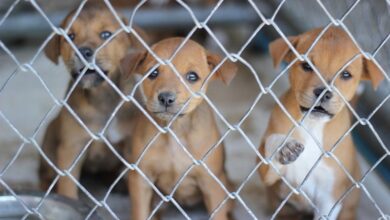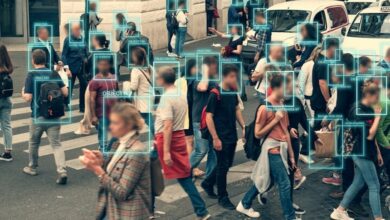Supreme Court rules against California’s Covid-19 restrictions on in-home religious gatherings
The U.S. Supreme Court said Friday that California must lift its coronavirus restrictions on in-home prayer meetings and other home-based religious gatherings.
Five conservative justices noted that rules limiting indoor social gatherings to no more than three households differed form restrictions applying to places such as schools and churches, and that a lower court “did not conclude that those activities pose a lesser risk of transmission than applicants’ proposed religious exercise at home.”
The majority included Associate Justices Clarence Thomas, Samuel Alito, Neil Gorsuch, Brett Kavanaugh and Amy Coney Barrett.
Chief Justice John Roberts sided with the three liberal justices in the case – Elena Kagan, Sonia Sotomayor and Stephen Breyer.
READ: ‘Roe v. Wade’ may be first film to accurately tell the history
The ruling stated that before it can limit religious gatherings, the government must prove they pose a greater danger than secular activities that remain open, such as shopping or attending movies.
“The State cannot assume the worst when people go to worship but assume the best when people go to work,'” the majority opinion said.
“Otherwise, precautions that suffice for other activities suffice for religious exercise too,” the majority opinion said, adding that California “treats some comparable secular activities more favorably than at-home religious exercise, permitting hair salons, retail stores, personal care services, movie theaters, private suites at sporting events and concerts and indoor dining at restaurants to bring together more than three households at a time.”
“It is no answer,” the court said, “that a state treats some comparable secular businesses or other activities as poorly as or even less favorably than the religious exercise at issue.”
In the case before the court, Santa Clara County pastor Jeremy Wong and Karen Busch said the restrictions violated their First Amendment rights by preventing their usual weekly Bible study and prayer sessions with eight to 12 individuals.
They said they “sincerely believe assembling for small-group, ‘house church’ fellowship is just as indispensable to their faith as attending Mass is for a Catholic. Yet for over a year now, California has completely prohibited or substantially restricted those ‘gatherings’ and many others.”
“By contrast,” their request said, “the State allows countless other activities to take place outdoors without any numerical limitations, from weddings and funerals to secular cultural events and political rallies. It also permits more than three households to congregate inside buses, trains, universities, airports, barber shops, government offices, movie studios, tattoo parlors, salons, and other commercial venues.”
This is the fifth time the Supreme Court has ruled against California religious restrictions upheld by the Ninth Circuit Court.
California had already announced significant changes loosening restrictions on gatherings that go into effect April 15. The changes come after infection rates have gone down in the state. But the court stressed in its opinion that such changes while a dispute is on appeal does not necessarily make the case moot.
–Metro Voice and wire services








